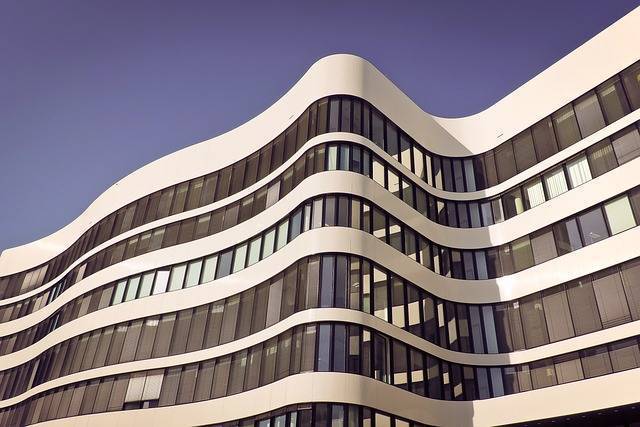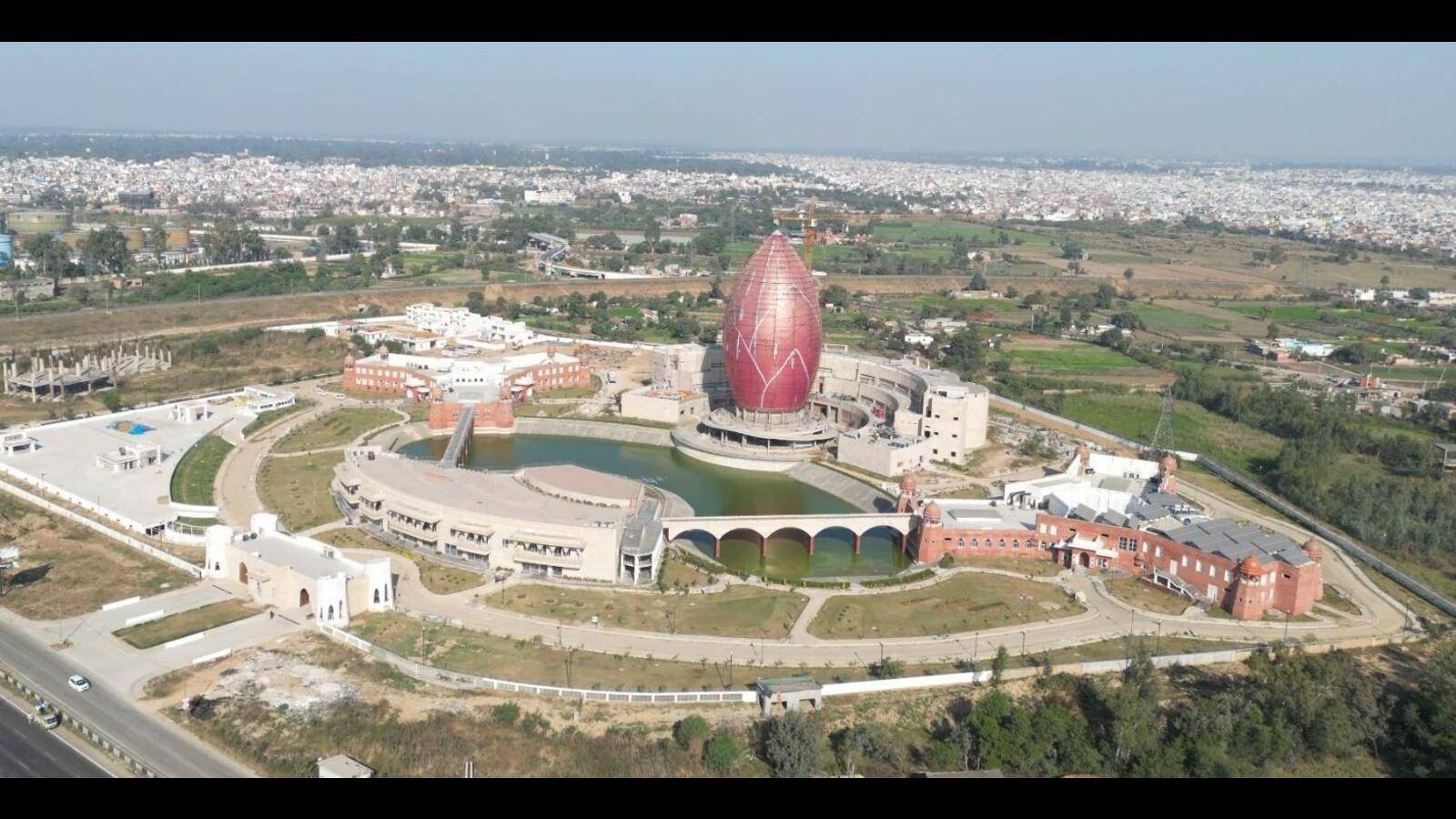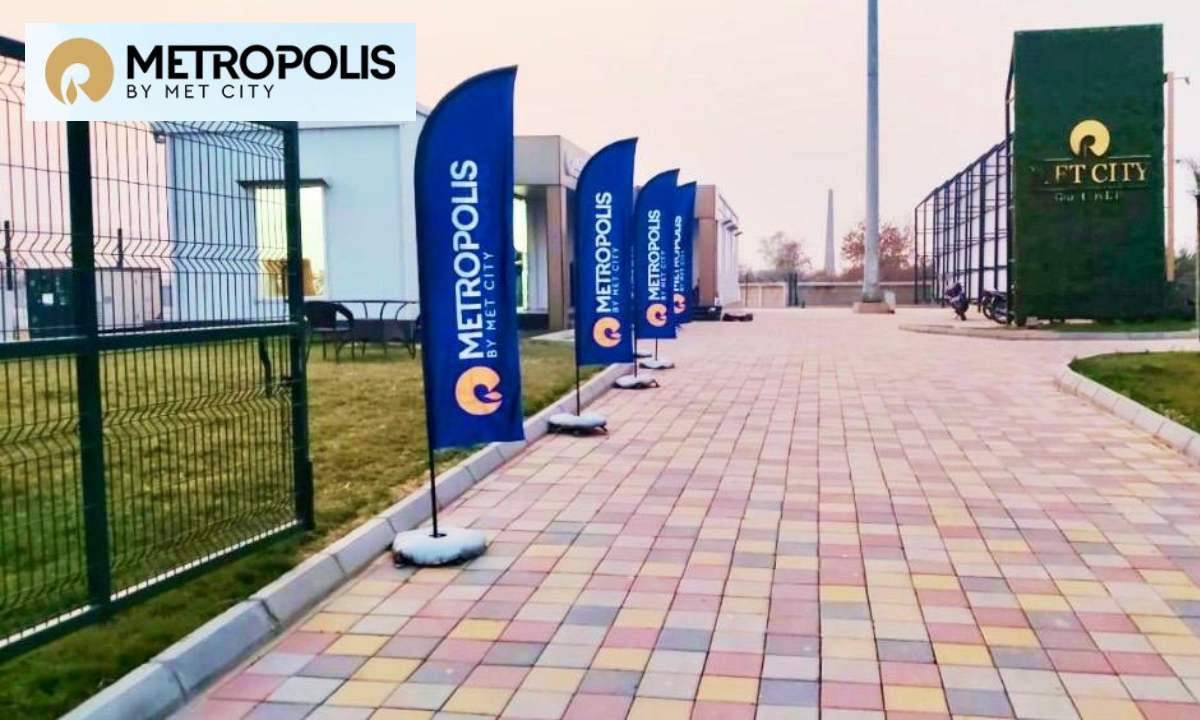The Adani Group, led by Gautam Adani, is reportedly in advanced discussions to acquire the Indian cement division of Germany's Heidelberg Materials in a deal valued at $1.2 billion. This acquisition marks a significant step in Adani's broader ambitions to expand his conglomerate's footprint in the Indian cement industry. The potential deal was reported by *The Economic Times* and is seen as part of the Adani Group's aggressive strategy to consolidate its position in the cement sector.
Expanding Cement Sector Footprint
The Adani Group has been steadily building its presence in the cement industry since its entry in 2022. The conglomerate's first major foray into this sector occurred with the acquisition of Holcim's stakes in Ambuja Cement and ACC. This move instantly catapulted Adani into one of the largest players in the Indian cement market. Since then, the group has continued its acquisition spree, adding stakes in companies such as Sanghi Industries and Hyderabad-based Penna Cement Industries.
The acquisition of Heidelberg Materials' Indian cement business would be a logical continuation of Adani's expansion efforts. The deal would further cement the group’s position in an industry that is witnessing growing demand, fueled by India's rapid urbanization and infrastructure development. Heidelberg's Indian operations include four cement plants with a combined production capacity of 12.6 million tonnes per annum. The company markets its products under two primary brands—Mycem and Zuari.
Heidelberg's Journey in India
Germany-based Heidelberg Materials entered the Indian market in 2006. Over the years, it has established itself as a reputable player, primarily through its plants in central and southern India. The company’s focus has been on producing high-quality cement products catering to both residential and infrastructure projects.
However, the global cement industry is undergoing significant shifts, with companies like Heidelberg reassessing their portfolios and looking to exit non-core markets to focus on their key regions. This strategic shift by Heidelberg aligns with the global trend of cement giants consolidating operations, divesting from certain geographies to focus on profitability and sustainability in core markets.
The Strategic Importance of This Deal
For Adani, the acquisition of Heidelberg’s Indian cement operations would serve several strategic purposes. First and foremost, it would add substantial production capacity to Adani's existing portfolio, allowing the group to better serve growing demand in both rural and urban markets. Additionally, Heidelberg’s established presence in the central and southern regions of India complements Adani's existing plants, which are primarily located in western India.
Moreover, the acquisition would enable Adani to access Heidelberg's extensive distribution network and customer base, potentially accelerating the group's expansion plans. The deal is also expected to provide synergies with Adani's existing infrastructure businesses, including logistics, power, and real estate, further enhancing its competitive edge in the cement industry.
A Look at Adani’s Past Acquisitions
The Adani Group's entry into the cement sector has been marked by a series of high-profile acquisitions. In 2022, the group made headlines when it acquired Holcim’s stakes in Ambuja Cement and ACC for a staggering $10.5 billion. This acquisition was one of the largest in the global cement industry and signaled Adani's serious intent to become a dominant player in the Indian market.
Since then, the conglomerate has continued its aggressive expansion, acquiring stakes in companies like Sanghi Industries, which operates a 6 million tonne per annum cement plant in Gujarat. Additionally, Adani has been in talks to acquire other cement assets, including Saurashtra Cement, Jaiprakash Associates' cement business, and Vadraj Cement, owned by ABG Shipyard.
Outlook for the Indian Cement Industry
India's cement industry is one of the largest in the world, second only to China. The sector plays a crucial role in supporting the country's infrastructure growth, driven by government initiatives such as the Pradhan Mantri Awas Yojana (Affordable Housing Scheme) and the ambitious National Infrastructure Pipeline (NIP). With the government’s focus on infrastructure development, including roads, airports, and housing projects, the demand for cement is expected to rise significantly in the coming years.
The Adani Group's entry and expansion in this sector are timely, given the increasing demand and the favorable market conditions. By acquiring Heidelberg's Indian operations, Adani would further strengthen its position in this rapidly growing industry, allowing it to compete more effectively with other major players like UltraTech Cement and Shree Cement.
The deal, if finalized, will not only enhance Adani's cement production capacity but also provide valuable synergies with its other infrastructure businesses, positioning the group for long-term success in the Indian cement market. As India's infrastructure needs continue to grow, Adani's strategic moves in the cement industry could prove to be a game-changer.
Image source- facebook.com









.png)